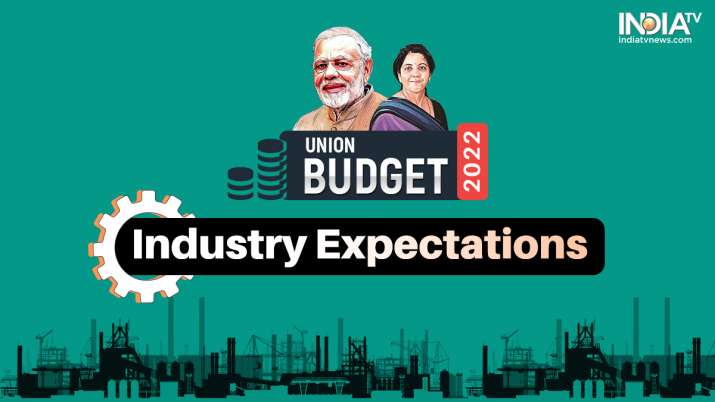
representational image.
Budget 2022: The world is reeling under the impact of a coronavirus-led pandemic for over two years now. During this course, many business sectors faced challenges when they were hit by lockdowns leading to repeated interruptions. Though the pandemic has taught the world to adapt to the new normal, many are still struggling to get back on track and expecting some sort of relief, help from the government. Ahead of the Union Budget 2022-2023, let’s take a look at what different business sectors are hoping for from the Modi government.
Krishnan Ramachandran, CEO, and MD, Niva Bupa
“As the country reels through the ongoing threat of Covid pandemic, securing the health of oneself and our loved ones is of utmost importance today. The Government could consider doubling up of medical insurance limit under Section 80D to Rs 50,000 in light of higher medical expenses post-Covid. One of the major challenges for low penetration of health insurance is the affordability factor. The 18% GST which is currently levied on health insurance products increases the premium amount which acts as a hindrance for many prospective policy buyers. GST amount for health insurance plans will make the products affordable for the masses and lead to higher penetration across consumer segments.
To further enhance the efficiency of healthcare delivery, the healthcare industry too needs to be regulated so that mandates around standardisation, health technology assessment, quality and price transparency could be built in to ensure consumer protection.
I am writing on behalf of Market Xcel, a global ResTech and insights brand. The firm provides customized market research solutions to clients around various sectors and shares projections on market sentiments, comparative indications on sales trends, and reasons.
In case you are planning any story on the MSME sector budget expectations 2022, we would be highly glad if you can add the below quote to your story on behalf of Mr Raja Vishal Oberoi, CEO at Market Xcel.
Raja Vishal Oberoi, CEO, Market Xcel
In 2022, with Omicron looming, the expectations from Union Budget 2022 continue to circle economic recovery, respite to MSMEs.
MSMEs are the second largest employment generators, providing jobs to around 11 crore people in India. Furthermore, they account for 48% of exports from our country. With the rising cases of Omicron and the arbitrary restrictions imposed by the various state governments, MSMEs expect financial support from the central government to revive the sector’s growth.
Reforms surrounding import substitutes promote self-reliance and boost domestic manufacturing. As 30% of GDP, MSMEs expect the government to reduce the compliance burden in all aspects, be it taxes, loans, audits, or licensing. Including green energy as part of MSMEs’ policies will also help create a sustainable economy and decrease domestic reliance on energy imports.
Niraj Singh, Founder & CEO, Spinny
The pandemic has radically changed consumers’ mobility preferences. With more and more people being reluctant to use public transport, personal mobility has naturally become the best and safest choice now. Owning a car of your own is not a lifestyle preference but more of a necessity for every household. Uncertain economic conditions make used cars a better value proposition and online used car platforms make search, discovery, and purchase of second-hand cars more seamless and trustworthy than ever with the use of technology and focus on customer satisfaction.
To further support this, the Government should introduce more incentives to buyers and sellers to boost the penetration of this segment by incorporating tech advancements and modern solutions with contactless home deliveries, thereby ensuring safety and convenience to customers at every point possible.
A uniform GST rate of 5% on the margin for all used vehicles could be a great move and make this segment organized. This will eventually ramp up the demand for second-hand cars by pulling in more customers. Likewise, the government should also look at empowering the EV sector by making electric vehicles more affordable to the common masses and strengthening the existing charging infrastructure to boost customer confidence. Owing to the rapid increase in vehicular pollution, pushing for a shift to EVs would be the step in the right direction. And for this, the government should evaluate less taxes on EVs and vehicles in general, and consider expanding the possibility of tax deductions on EV loans as well as on other vehicles, too.
ALSO READ , Economic Survey 2022: Key Highlights
ALSO READ , Budget 2022: Modi govt’s efforts in Northeast to become golden chapter of India’s growth, says President
,